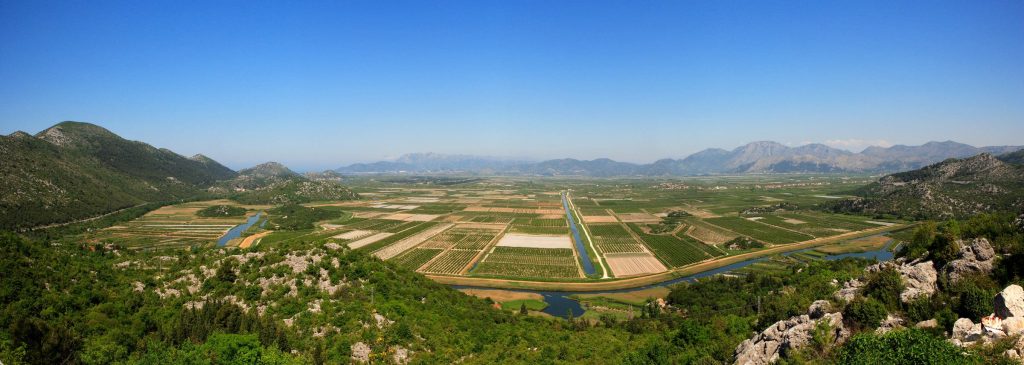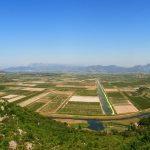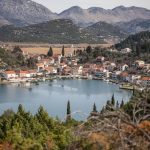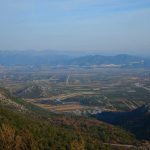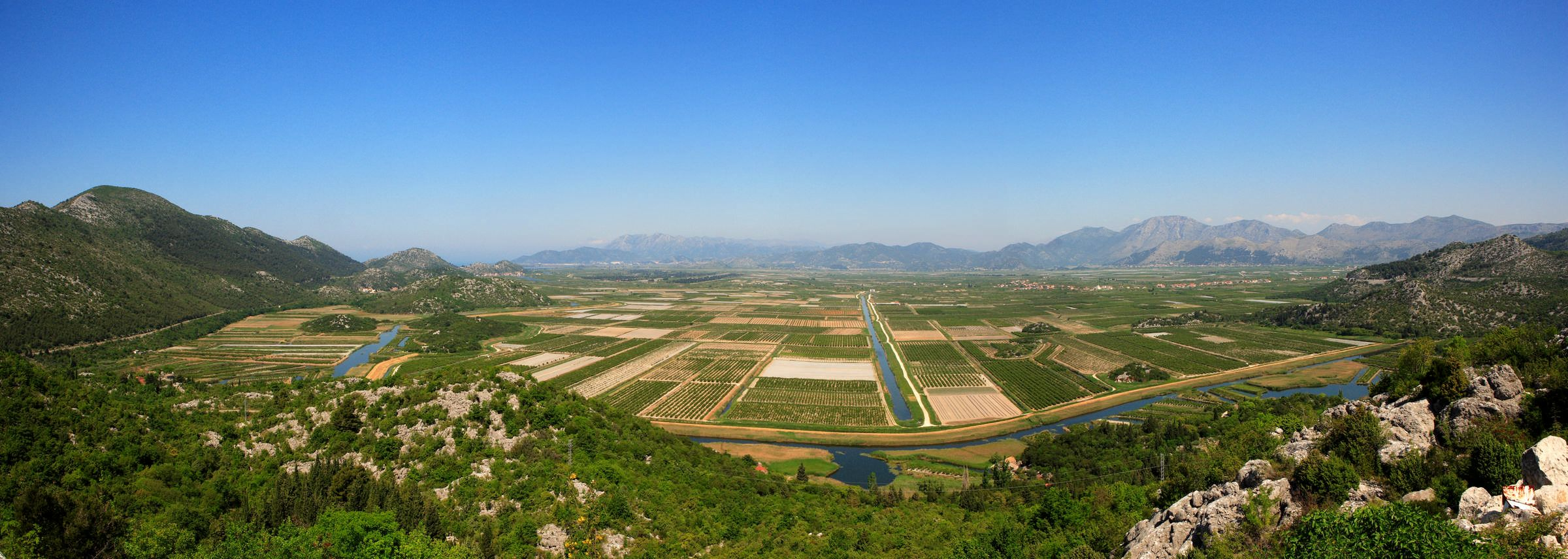
August 11, 2020 – Dalmatia is a paradise for those who enjoy birdwatching, but also other visitors eager to use their adventurous spirit, who are eagerly awaiting to visit the Neretva Valley, otherwise an ornithological reserve, already this autumn.
Slobodna Dalmacija reports that unlike the current tourism, which has recorded losses around Dalmatia, the corona crisis could open new tourist products such as kitesurfing or birdwatching.
And while kitesurfing proved to be a complete success, bird watchers and nature lovers have yet to arrive in Croatia. Since these are guests who are of generally higher spending power, Neretva caterers are rubbing their hands with excitement.
There are several birdwatching sites in Europe.
These are most often large wetlands in Gibraltar visited by millions of migratory birds, followed by Donana in Spain, the Camargue in France, Eilat in Israel.
Alongside them are the Dalmatian bird habitats of the Neretva Valley, Vrana Lake, Kolansko Blato, which should be promoted as “birdwatching” destinations.
The significance of the Neretva delta for bird watchers is best illustrated by the numerous finds of ringed birds that were in this area in winter or during spring and autumn migration. In the Neretva, there are various species of ducks, herons, terns, eagles, jays, terns and rods rest, which is a real treat for bird and nature lovers.
“It is the greatest pleasure for foreign visitors to be in nature outdoors. Birdwatching is a novelty in the local tourist offer,” reveals Pavo Jerkovic, a tourist worker with many years of experience in promoting selective forms of tourism, starting with photo safaris through the Neretva swamp. Bird lovers bring binoculars and bird identification literature with them. Some even record the birds singing and photograph them with special telephoto lenses.
“The guest takes binoculars and observes the birds on the check for several hours. This is where their lunch is organized and it is an unforgettable experience for them. Guests also love to fish. When they catch a plotica or catfish, they immediately cook it in a brudet,” says Pavo Jerkovic, who hopes for a more intensive visit by birdwatchers in the off-season when the autumn migration of birds begins.
Birdwatchers are usually wealthy and highly educated clientele, who do not regret the money if they get what they want in return. It is not a problem for them to travel halfway around the world to observe birds in the Neretva, explore certain species, or write in their notes that they have seen a rare bird.
More than 150 bird species regularly appear in the Neretva Valley, most of which are considered to be the target species of the Neretva Delta ecological network area.
As the largest reed complex in the Republic of Croatia, the entire Neretva delta area is important as a resting place during the migration of birds to Africa, as well as for wintering bird populations from northeastern and central Europe. That is why the Neretva Valley wants to be protected.
“The Municipality of Zazablje supports the initiative that after 15 years the Ministry of Environmental Protection and Energy declares a special ornithological reserve in Kuti. Thus, the municipality gained additional value, the potential for the development of selective forms of tourism, and at the same time, the preservation of this area,” said the mayor of Zazablje, Maja Vrnoga. The main tourist offer in the area of the proposed special reserves is a photo safari in a traditional boat, sport fishing, diving, kayaking, bird watching, cycling and hiking.
“This area was supposed to be protected 25 years ago, but it is never too late and I welcome all activities that protect nature. However, it is necessary to inform the local population about everything and explain exactly what they gain or what they lose when a certain area is protected.
People need to adapt to nature and live and work in harmony with nature,” says Jerkovic, who built a “Neretva house” on the shores of Lake Kuti, which is visited by several thousand foreign visitors during the season in Neretva boats, because there is no other way.
“Foreign visitors are happy when they ride in boats and meet our farmers who treat them to figs, strawberries, cherries, mandarins. There is no such thing anywhere in the world,” emphasizes Jerkovic, who hopes that the proclamation of a special reserve of Lake Kuti will intensify the tourist offer of this area, which will benefit both tourist workers and local farmers.
For the latest travel info, bookmark our main travel info article, which is updated daily.
Read the Croatian Travel Update in your language – now available in 24 languages
Join the Total Croatia Travel INFO Viber community.

